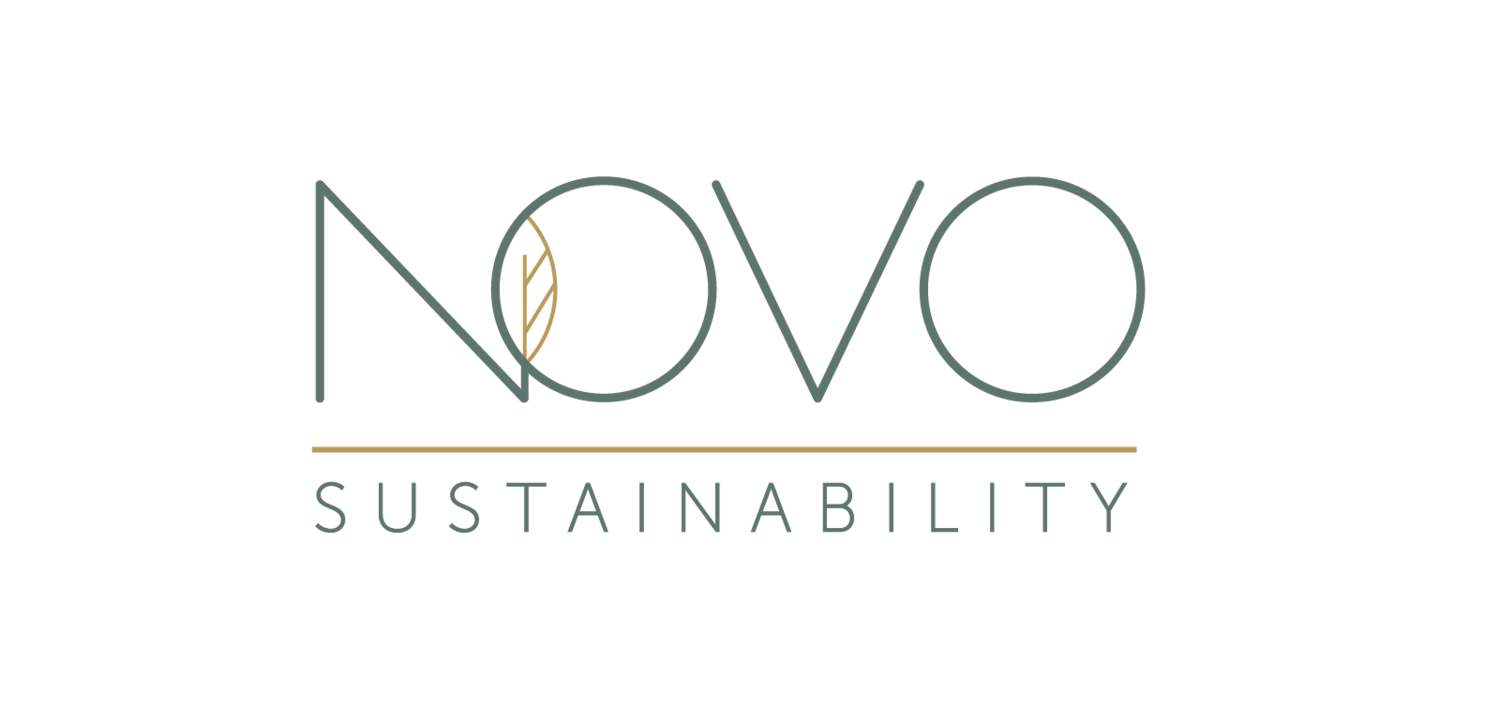CSR: Why now is the time to put all the pieces together
/In 2018, I published an article titled “Certification Overload” that discussed the drawbacks of having so many certification and reporting programs. I suggested that establishing a robust Corporate Social Responsibility (CSR) reporting program would be a more flexible and meaningful alternative. And I still believe that. While formal certifications have a place in the market for benchmarking and standardizing processes, a comprehensive CSR reporting program offers an organization the opportunity to have the greatest impact through efforts that are tailored to its specific values, priorities, and culture.
What is CSR?
Before I get into why and why now, let’s first define what I mean by a comprehensive CSR program. A strong CSR program includes:
Sustainability and Environmental Impacts. This covers things like energy or greenhouse gas emission reduction targets, conservation efforts, waste reduction and recycling strategies, sustainable design and construction guidelines, and green building certifications to name a few.
Philanthropy and Volunteering. Financially supporting causes that align with your organization’s or employees’ mission and values is one of many facets of this category. Providing paid leave for employees to volunteer or coordinating company-wide service days are also common initiatives to consider.
Employee Engagement and Wellness Initiatives. Employee Engagement is closely tied to the category above but is considered separate because there are many different ways to engage employees in the workplace. Examples include creating advisory teams or committees for various topics from technology to product purchasing. Formally promoting collaboration across business lines can also help employees feel more invested in the company and provide a sense of ownership in decision making. Wellness initiatives can range from enhanced insurance offerings to healthy living incentives or detailed criteria for office space design.
Ethical Business Practices. Things like diversity policies, supply chain regulations, and clearly defined standards of business conduct fall into this category. Corporate governance structure, rules, and procedures could also be outlined in this section.
Why CSR?
In my previous article I highlighted how a CSR program is tailored to the individual company, so you’re only measuring and managing the things that are most valuable to your company. It also allows for a more holistic approach than a simple certification directive for your office portfolio. A strong CSR platform has the ability to increase overall profitability while creating operational efficiencies and driving cost savings through energy/water/waste reduction targets, employee retention, and potentially reduced insurance costs.
Research done by Cone Communications in 2017 showed that 73% of Americans are hoping businesses will take the lead to drive social and environmental change moving forward. They also stated 78% want companies to address social justice issues. It’s not a big leap to understand that employees want this from the companies they work for, too! According to market research performed by Bentley University, 84% of millennials favor “making a difference” over individual professional recognition. Similarly, a 2016 study from Deloitte identified that 56% of millennials would leave or choose not to work for a company based on company values and policies. Its clear that customers and employees would be attracted to companies with strong CSR platforms.
Going through the process of developing comprehensive CSR program can also facilitate business growth as new services, products and revenue streams are discovered while defining new strategies to address these changes. A great example of this is Unilever’s commitment to helping women in underdeveloped countries. They have many initiatives, but the most well-known is the Shakti distribution model in India. Through targeted training and an innovative business strategy, Unilever has empowered women in low-income, rural communities to be successful entrepreneurs by selling door-to-door. Addressing social justice challenges does not have to be a drain on your bottom line!
This also ties to marketing initiatives and new touchpoint opportunities for potential customers, brand recognition, and could lead to increased investor interest with those institutions who prioritize or incentivize “green” companies.
In general, a CSR program can do more to inspire employees and create a foundation of trust and loyalty than a simple certification. A certification is a great tool to support sustainability initiatives, but it is not the best solution to create large scale, company-wide impact.
Why now?
One of the many unfortunate results of the current pandemic is that business has slowed, across all industries. Companies are being forced to lay off or furlough in order to stay afloat. I am not making light of this- there are so many difficult decisions being made and challenges to face. But just as individuals are taking time to process and reassess, with this slowing there is an opportunity for companies to re-evaluate priorities and policies and to plan for the next phase. Why not Invest in the future of your company now, so that as the economy settles, you are prepared to hit the ground running with strategies that attract new employees, customers, and investors while also reducing operations costs. I’ve always been the kind of person to look for a silver lining. Perhaps something positive can come out of all of this mess. Companies have the opportunity to make the best of an otherwise very challenging time, to put all the pieces together and emerge from the quarantine and shut downs with a new philosophy, stronger values, and a path to move beyond “business as usual” to something better.

